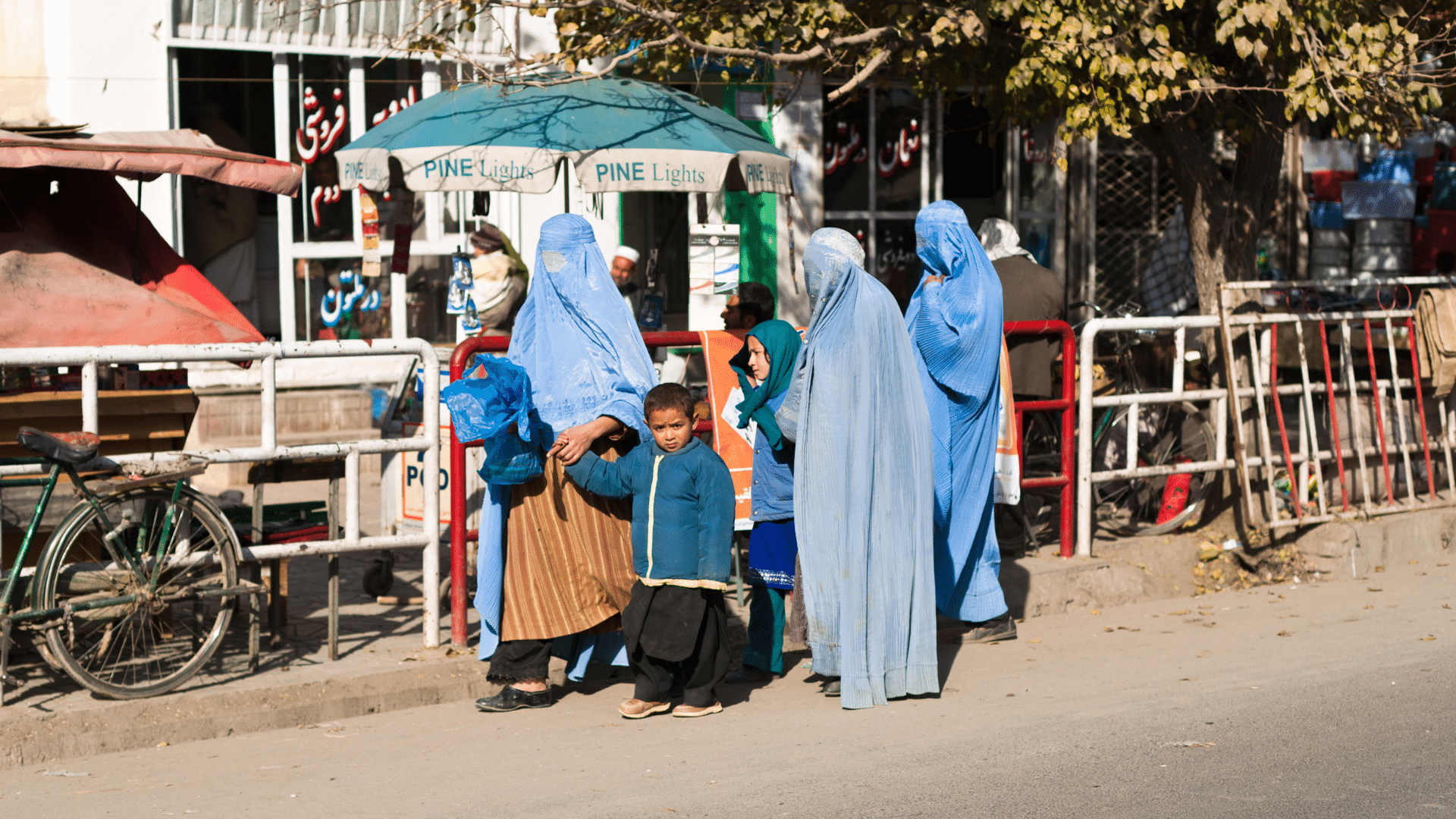
Peace negotiations with the Taliban, who have placed the elevation of Islamic law at the centre of their claim to legitimacy, is likely to increase the significance of religious frameworks to law and politics in Afghanistan. At this critical juncture, the rights that Afghan women can legitimately and realistically claim are deeply contested questions, both inside and outside the country. Yet there has been little systematic research into the landscape of Islamic scholarship in Afghanistan and its engagement with women’s rights.
Particular areas for in-depth empirical research include the nature and constituencies of the local and national religious discourses that potentially frame how women’s rights are codified and implemented (or not) in practice. This project will also explore the legal rights and protections that differently positioned Afghan women are actually able to access, particularly through the courts.
The findings of this project will contribute to the comparative literature on Islamic law and gender, and the literature on gender politics in Muslim-majority settings more broadly. The project has great policy relevance for national and international actors seeking to shape the current transition from a political order.